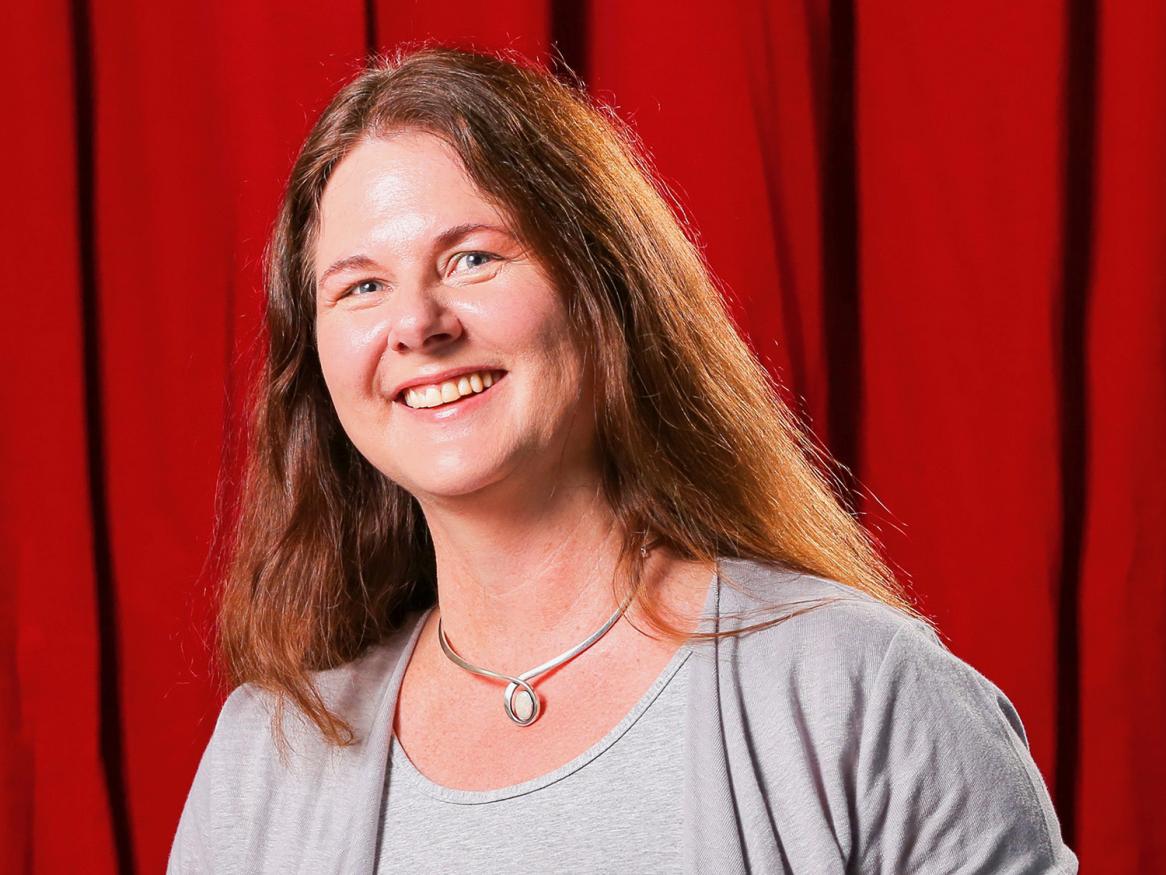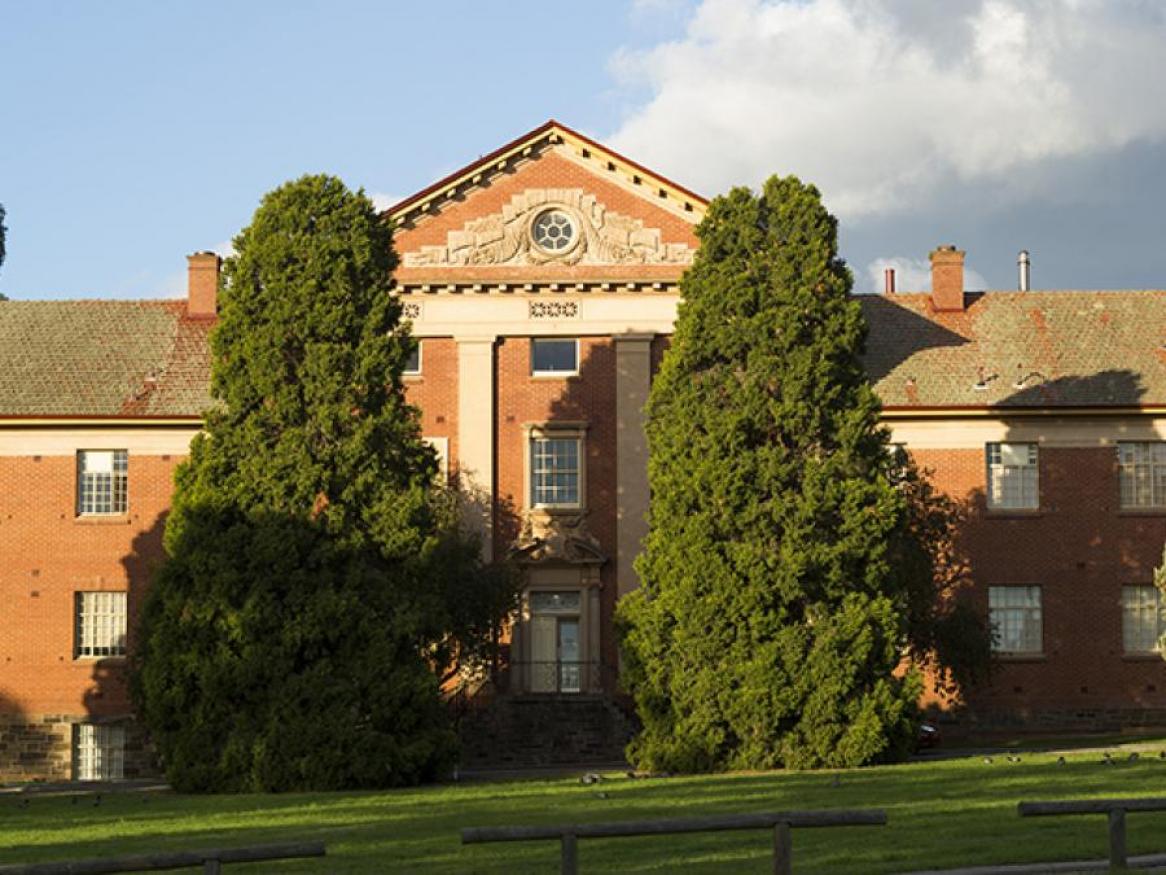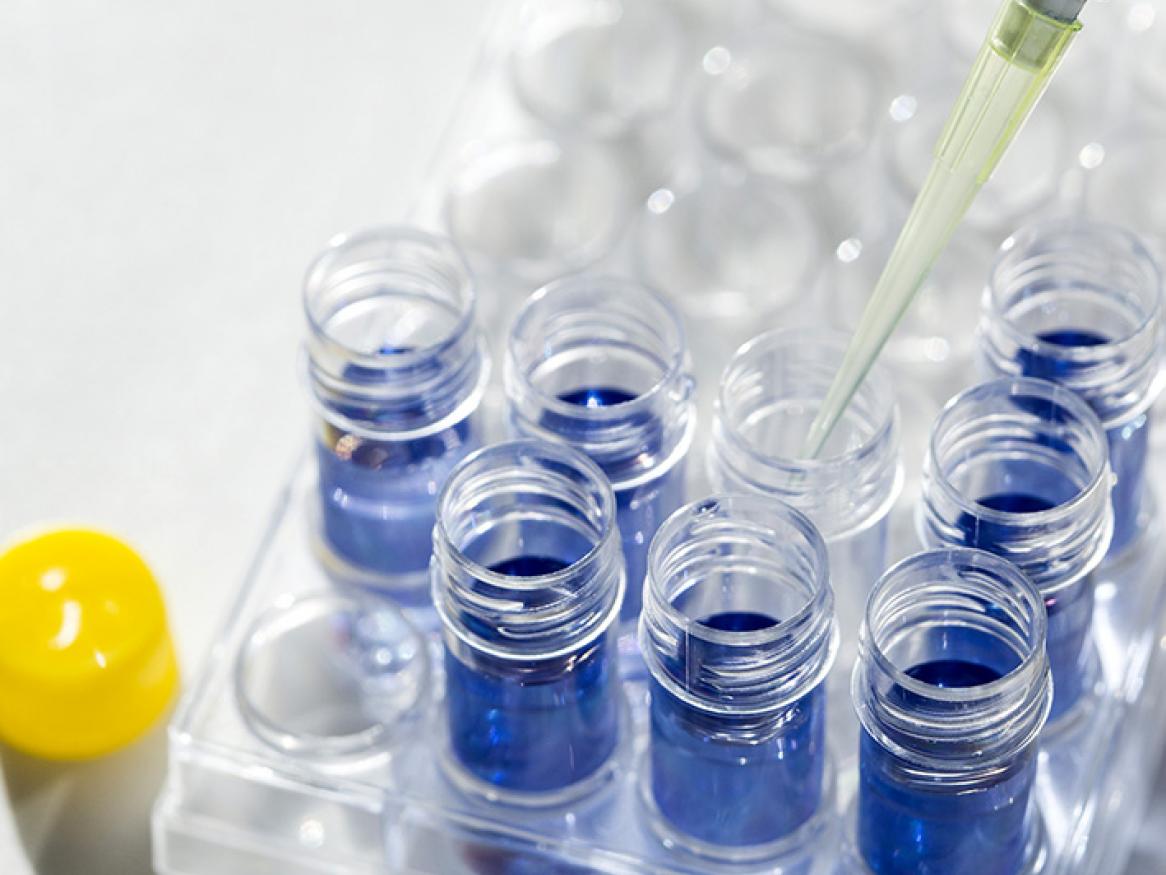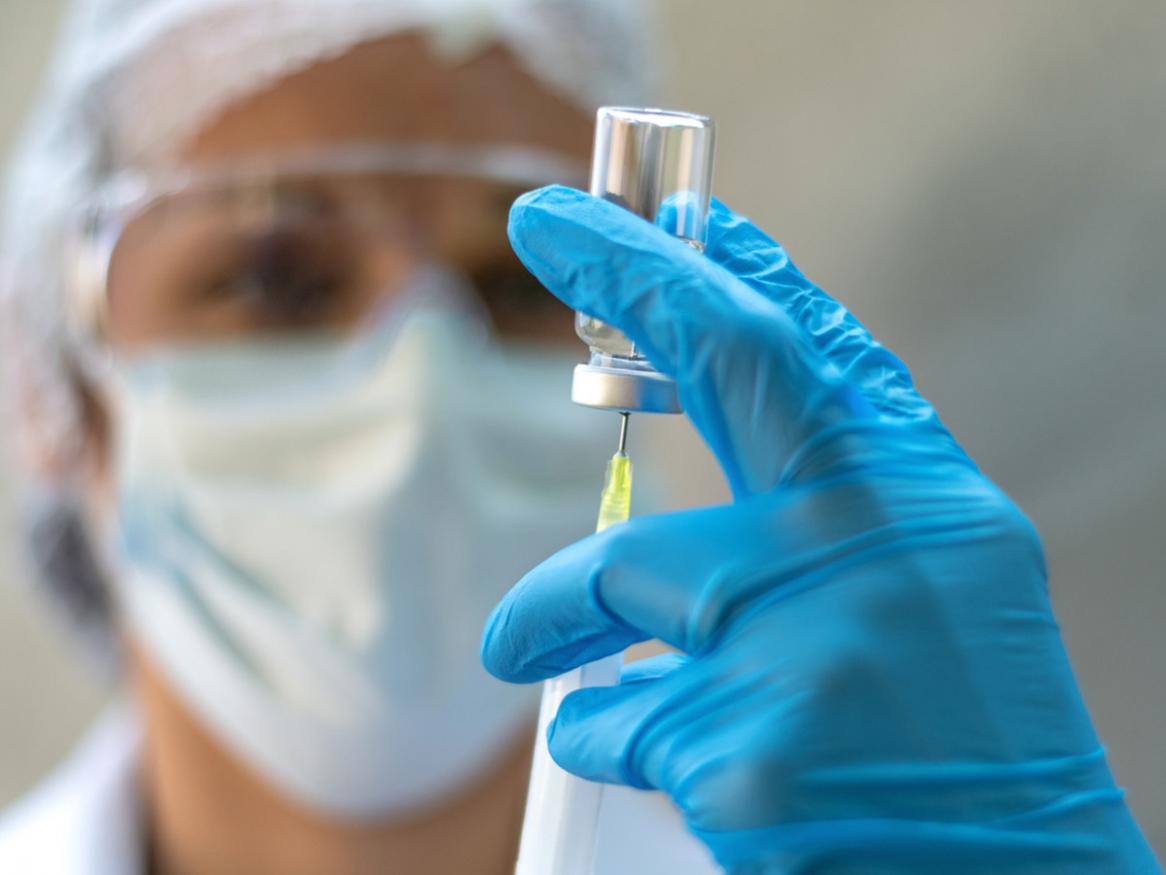Latest news
Search news stories
Enter a keyword to search news.
The University of Adelaide and eviDent Foundation form new collaboration to lead innovative oral health research

The new research collaboration between the eviDent Foundation and the University of Adelaide will facilitate dental and cross-disciplinary innovative research that can be quickly translated and put into practice to benefit the community.
Building more drought-resilient crops through science

In a review paper published in the International Journal of Molecular Sciences, researchers at the University of Adelaide’s School of Agriculture, Food and Wine have summarised seven years of research published in more than 20 international journals, on the effect of drought on cereal plants such as wheat and barley.
[Read more about Building more drought-resilient crops through science]
Professor Jennie Shaw appointed Deputy Vice-Chancellor (Academic)

The University of Adelaide has announced Professor Jennie Shaw has been appointed to the role of Deputy Vice-Chancellor and Vice-President (Academic).
[Read more about Professor Jennie Shaw appointed Deputy Vice-Chancellor (Academic)]
University receives $1.9 million in industry linked ARC grants

The University of Adelaide has been awarded $1,965,291 in linkage grants by the Australian Research Council to undertake research that will bring benefits in the meat, hemp, mining and performing arts industries.
[Read more about University receives $1.9 million in industry linked ARC grants]
Wine is safer than beer at minimising risk of heart condition

Drinking less than six Australian-standard glasses of alcohol a week is associated with the lowest risk of developing atrial fibrillation, but not all alcohol is created equal, new research from the University of Adelaide shows.
[Read more about Wine is safer than beer at minimising risk of heart condition]
New method to detect impact of sea level rise

University of Adelaide scientists have developed a new simple, inexpensive and fast method to analyse sulfur isotopes, which can be used to help investigate chemical changes in environments such as oceans, and freshwater rivers and lakes.
[Read more about New method to detect impact of sea level rise]
Making good from agricultural and food waste

Researchers at the University of Adelaide have identified a ‘greener’ process for extracting health-promoting molecules found in agricultural and food waste, which can be repurposed in products such as skincare and pharmaceuticals.
[Read more about Making good from agricultural and food waste]
World EBHC Day campaign to fight fake news

On World Evidence-Based Healthcare (EBHC) Day, seven leaders in evidence-based healthcare spotlight the global impact of evidence on healthcare research, policy, practice and health outcomes.
[Read more about World EBHC Day campaign to fight fake news]
New centre to train experts in crop resilience

University of Adelaide experts are part of a new research centre that will train the next generation of scientists to develop more resilient crops.
[Read more about New centre to train experts in crop resilience]
Life-saving meningococcal B vaccination program continues indefinitely

South Australia's world-leading Meningococcal B Immunisation Program will continue indefinitely after proving it’s been incredibly effective at preventing the illness in high-risk age groups thanks to research at the University of Adelaide.
[Read more about Life-saving meningococcal B vaccination program continues indefinitely]
